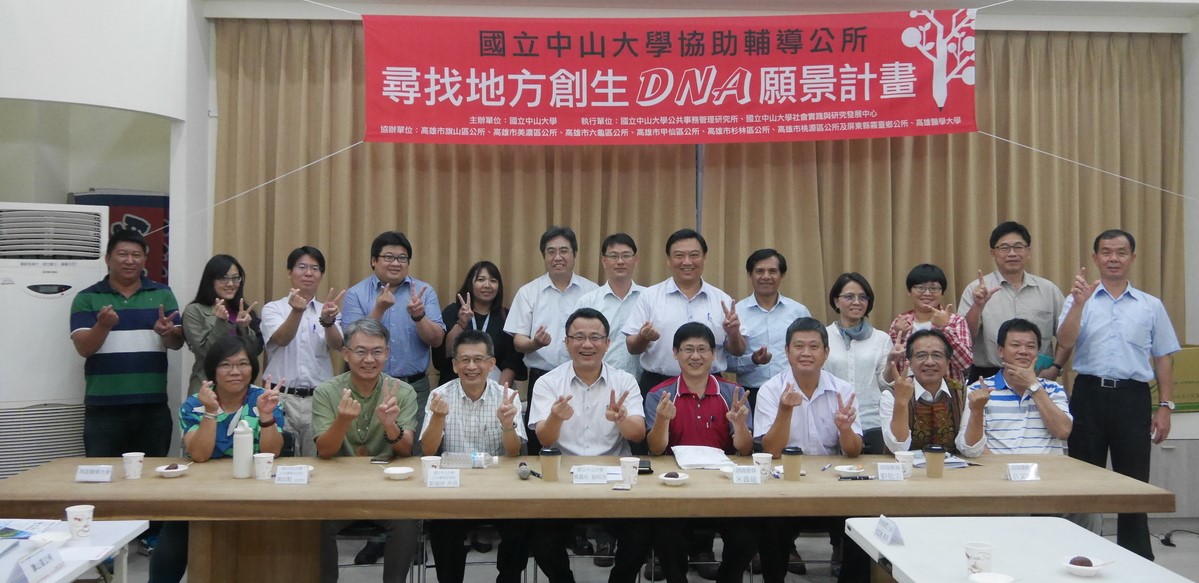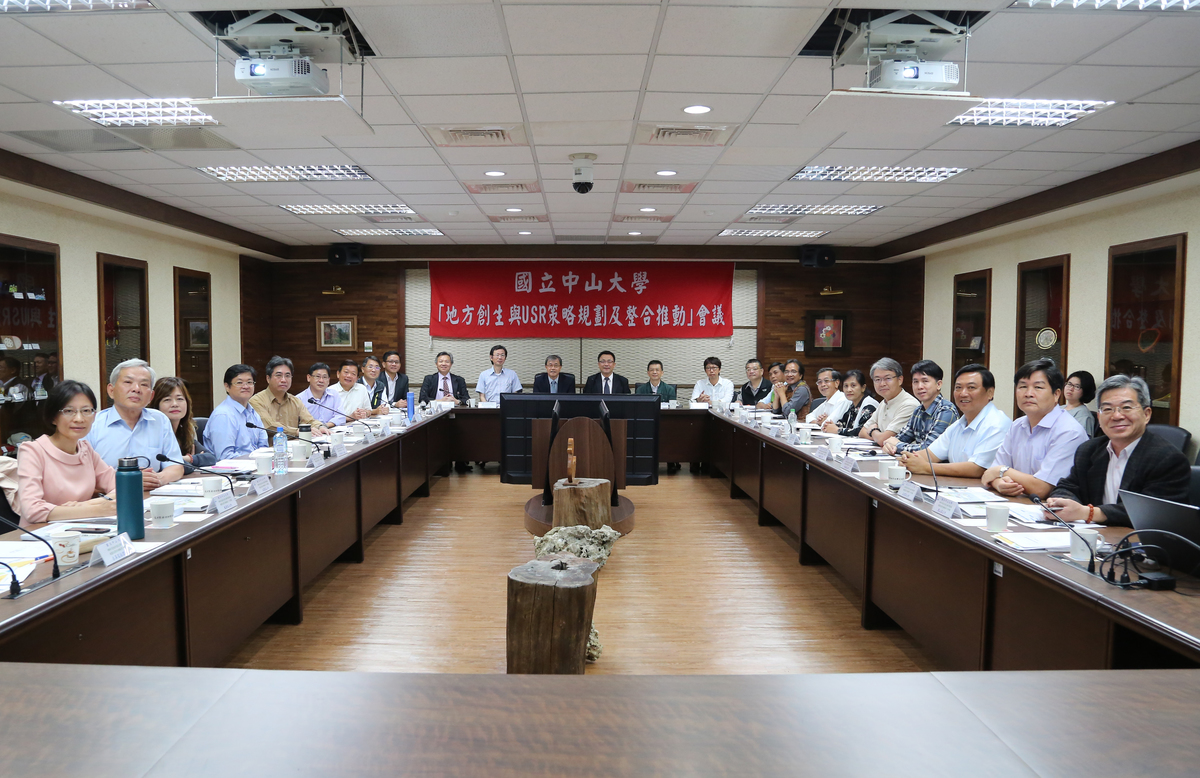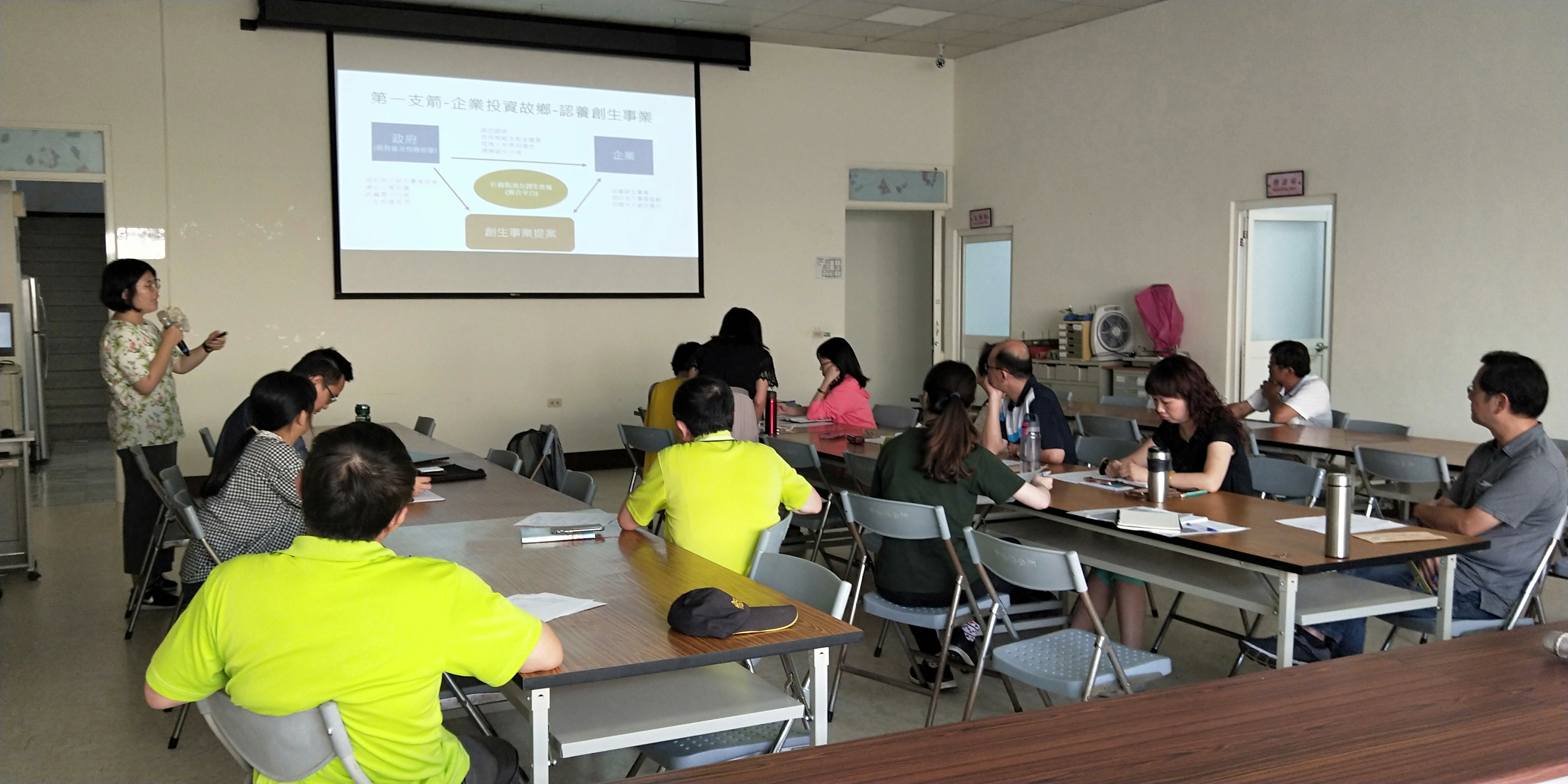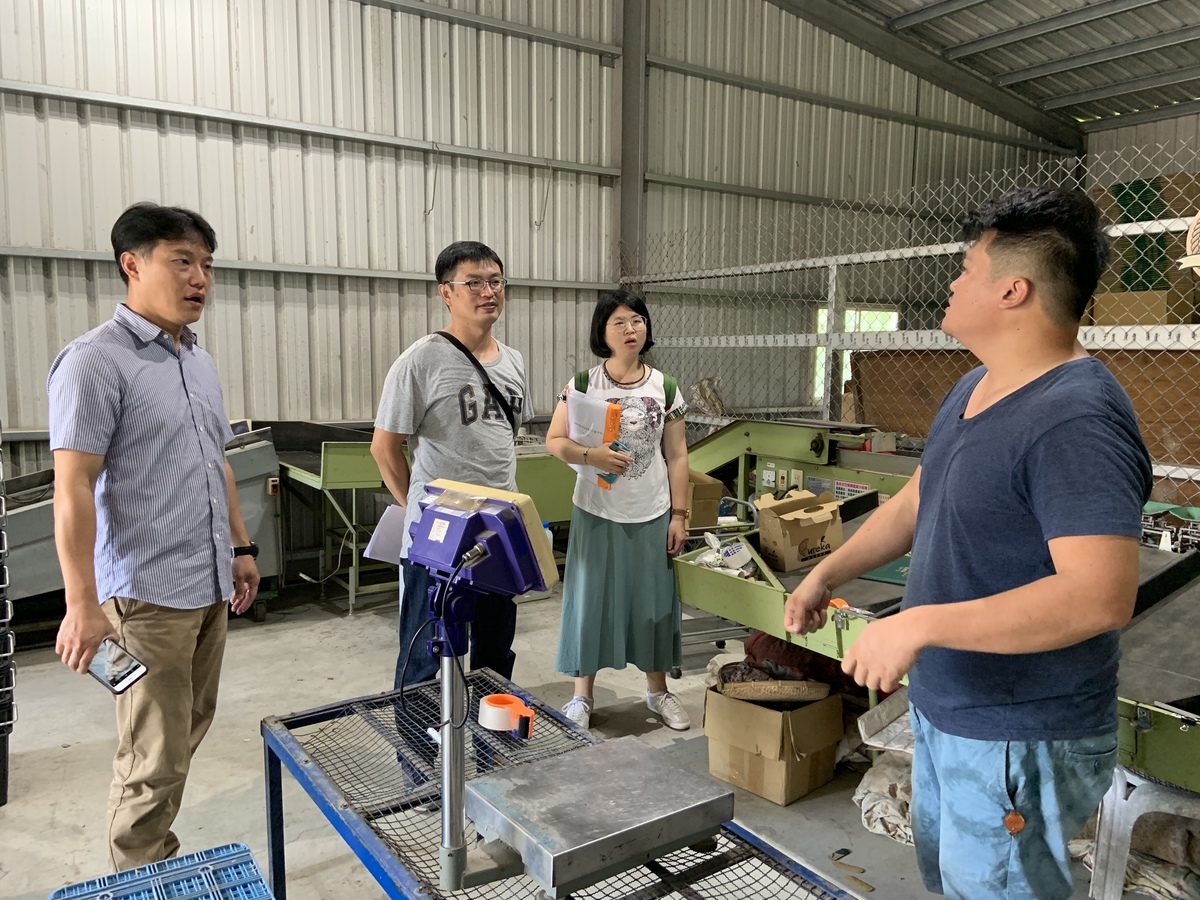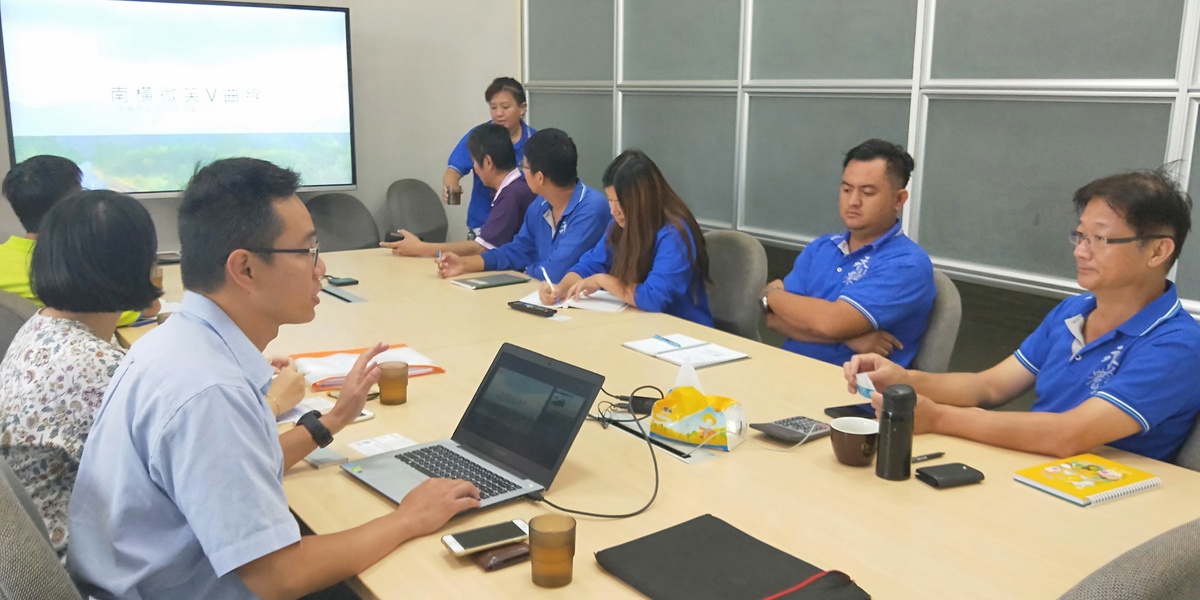「地方創生」為臺灣當前重要的國家政策,期望透過產官學界的連結,共同協助改善城鄉差距、偏鄉機能衰退、以及人口過度集中都市等問題。國立中山大學與聯盟夥伴順利爭取承接國家發展委員會「地方創生南區輔導中心」,今起將服務範圍延伸嘉義縣、嘉義市、台南市、高雄市、屏東縣與澎湖縣,為台灣南部地區的地方創生發展開創不一樣的願景。
作為南部地區重要的發展智庫,中山大學對於地方問題與需求有深刻了解。自2019年起,即透過社會實踐與發展研究中心以及大學社會責任計畫,積極協助高屏地區多個鄉鎮推動地方創生。過去多年陪伴在地推動地方創生過程中,深刻感受到南部地區在創生工作上,面臨機關人力與相關專業人才不足、缺乏整體性的規劃及支持系統等問題,加上地方創生業務涉及許多部會計畫,以致於在創生政策推動至今,南部優先區域的提案率尚不及五成。
為解決上述問題,中山大學善盡頂尖大學社會責任,由黃義佑副校長、管理學院郭瑞坤副院長及社發中心啟動整合工作,邀集國立屏東大學、資誠永續發展服務公司、5% DESIGN ACTION 社會設計平台等聯盟夥伴單位,串聯嘉義縣、嘉義市、台南市、高雄市、屏東縣與澎湖縣等六個區域共35個區域夥伴,共同參與南區輔導中心的創生推動。以創造都會創生機能、創生資料庫建置、研究典範轉移等關鍵議題,發展出世代網路鏈結、產業參與、數位導入、串聯國際等執行方向,陪伴南部地區的創生團隊,建構及推動更完整的政策輔導及資源導入機制。
計畫主持人黃義佑副校長表示,過去他擔任行政院南部聯合服務中心執行長期間,大力推動南部偏鄉地區基礎建設,經常深入山區部落關切地方需求,當各項硬體設施陸續完工後,更需軟體資源與創意思維投入,才能真正帶動地方成長。計畫協同主持人、資深公共政策專家郭瑞坤副院長則認為,要打造一個強健的社會支持系統,陪伴地方青年返鄉創生,將有助加強地方創生的推動力道,這也是未來南區輔導中心的重要使命。
中山大學將藉由「地方創生南區輔導中心」結合各界的創生執行經驗,透過良好的公私部門與地方夥伴關係,扮演中央與地方的溝通橋樑。同時匯集產學能量,導入各領域的專家資源,推動跨領域的經驗交流及學習推廣,陪伴南部六縣市地區團隊共同成長,齊力推動南部地區的創生發展。
(English) The principal investigator of the project, Senior Vice President I-Yu Huang said that in the past, when he was the Executive Director of the Southern Taiwan Joint Services Center, Executive Yuan, he intensively promoted the infrastructure of southern rural areas and often visited mountain villages, concerned about local people’s needs, and that with the hardware facilities in place, there is a need to invest in software resources and creative thinking to truly drive local growth. The Co-Principal Investigator of the project, Associate Dean Jui-Kun Kuo, who is an expert in public policy, said that to create a strong social support system that would encourage young people to come back and revitalize their hometowns will help strengthen the promotion of regional revitalization; this is also the mission of the Counseling Center for Regional Revitalization of Southern Taiwan.
(English) With the Center, NSYSU integrates the executive experience of different parties through partnerships of public and private organizations with local partners that plays an important role in building bridges of communication between the central and local. Pooling the capacity of the industry and academia brings in the resources of experts in various fields, promotes cross-disciplinary experience exchange and learning, helps regional teams in 6 southern counties and cities grow and promotes the revitalization and development of the southern region.

